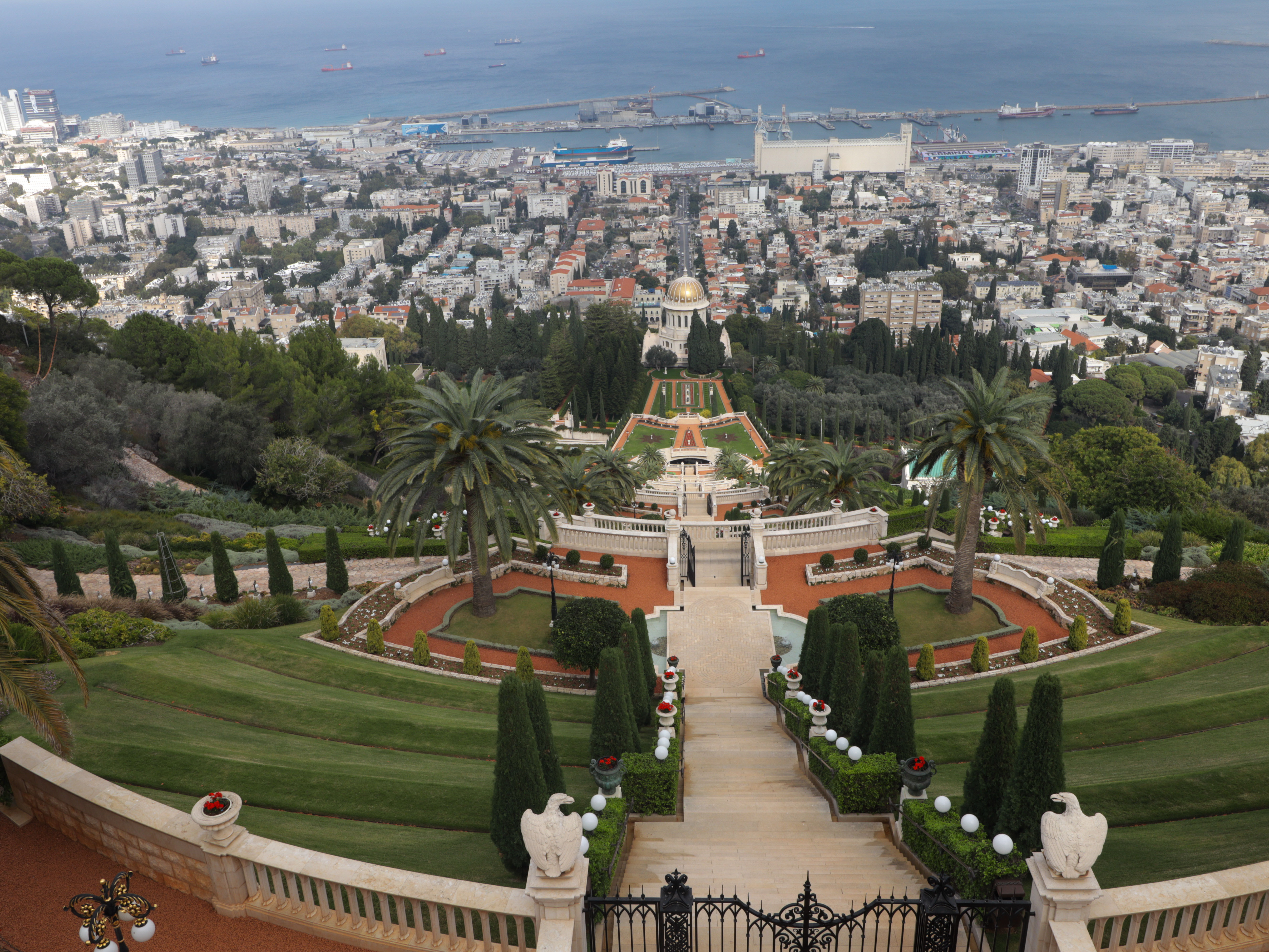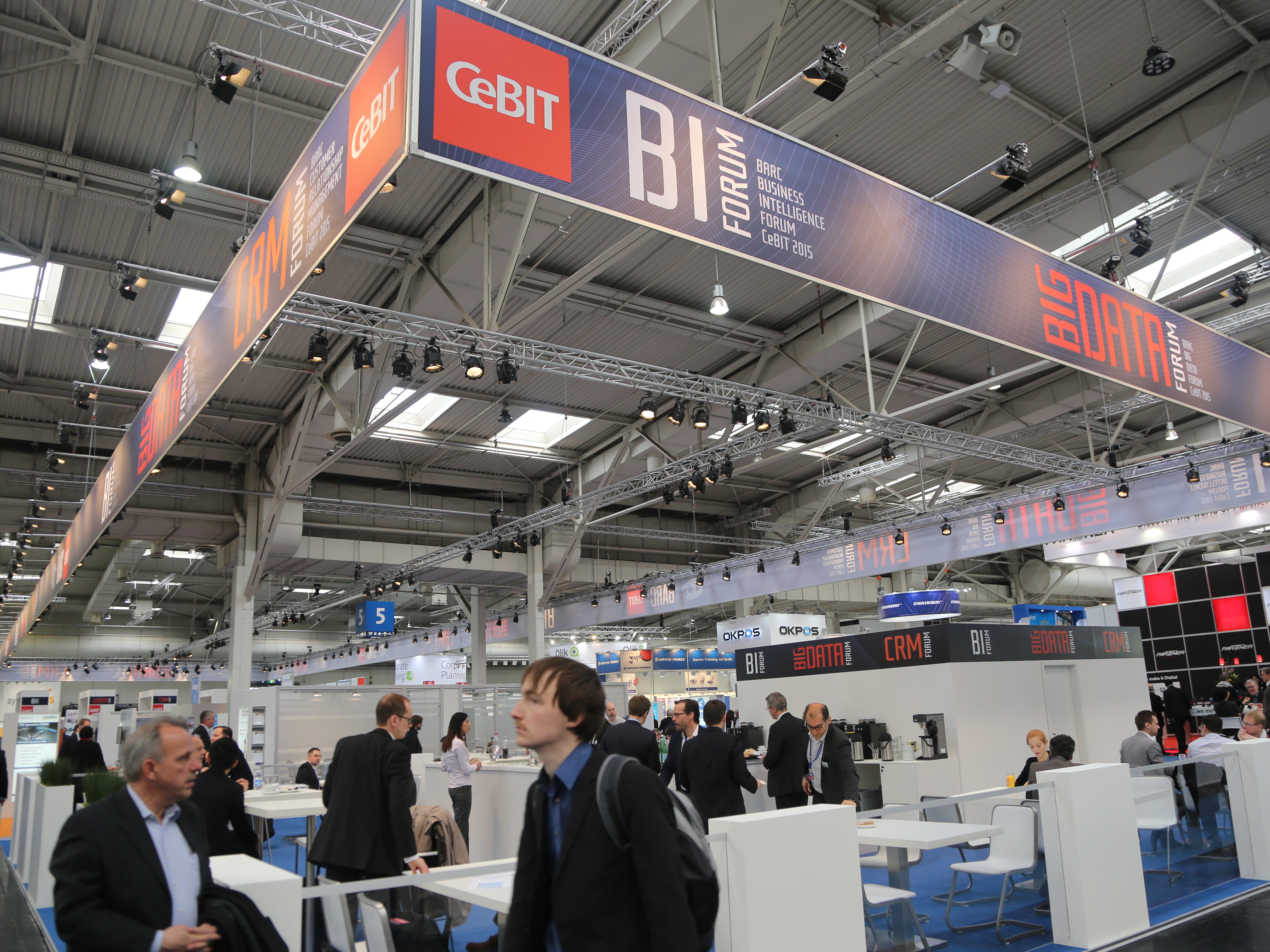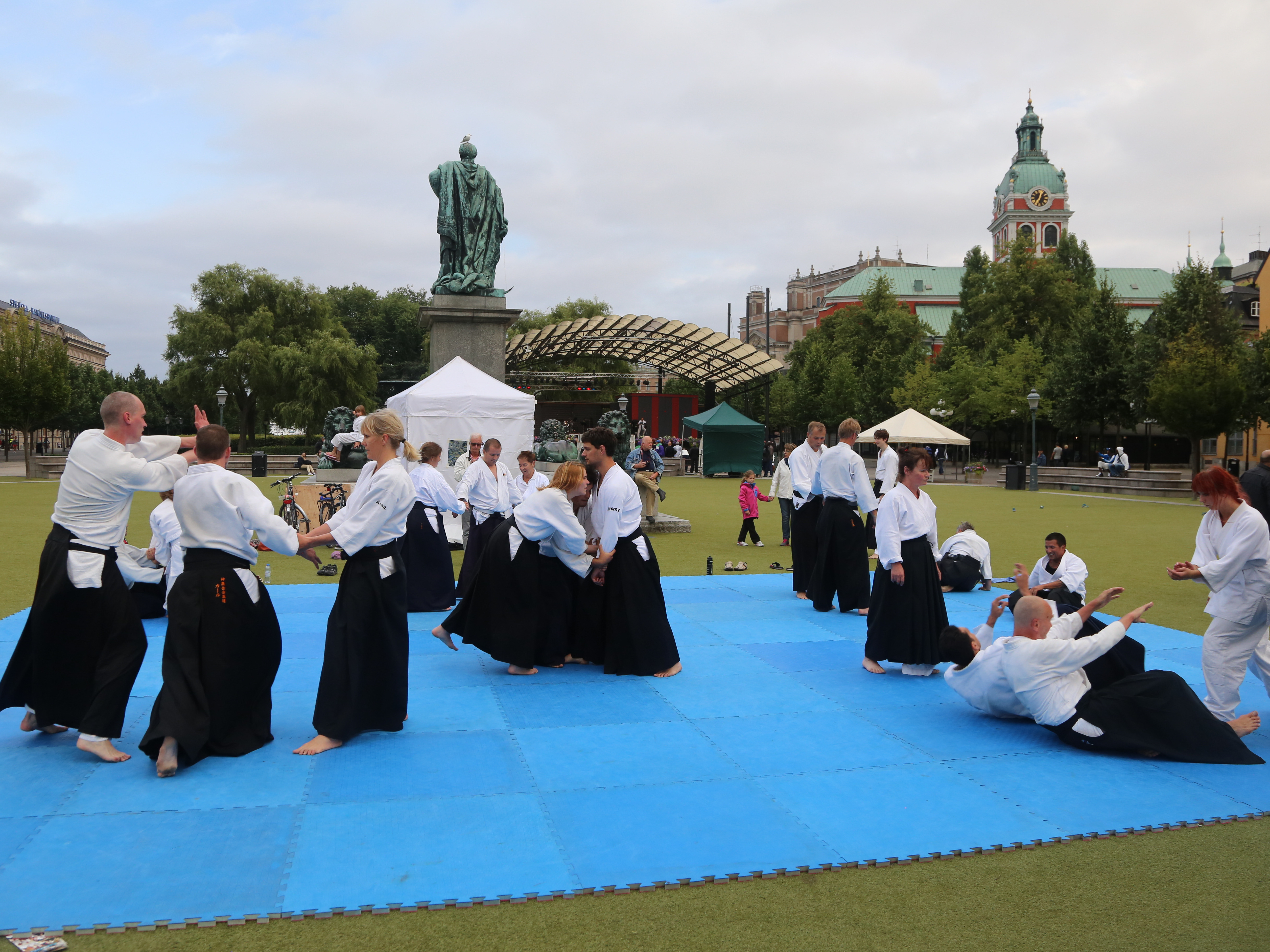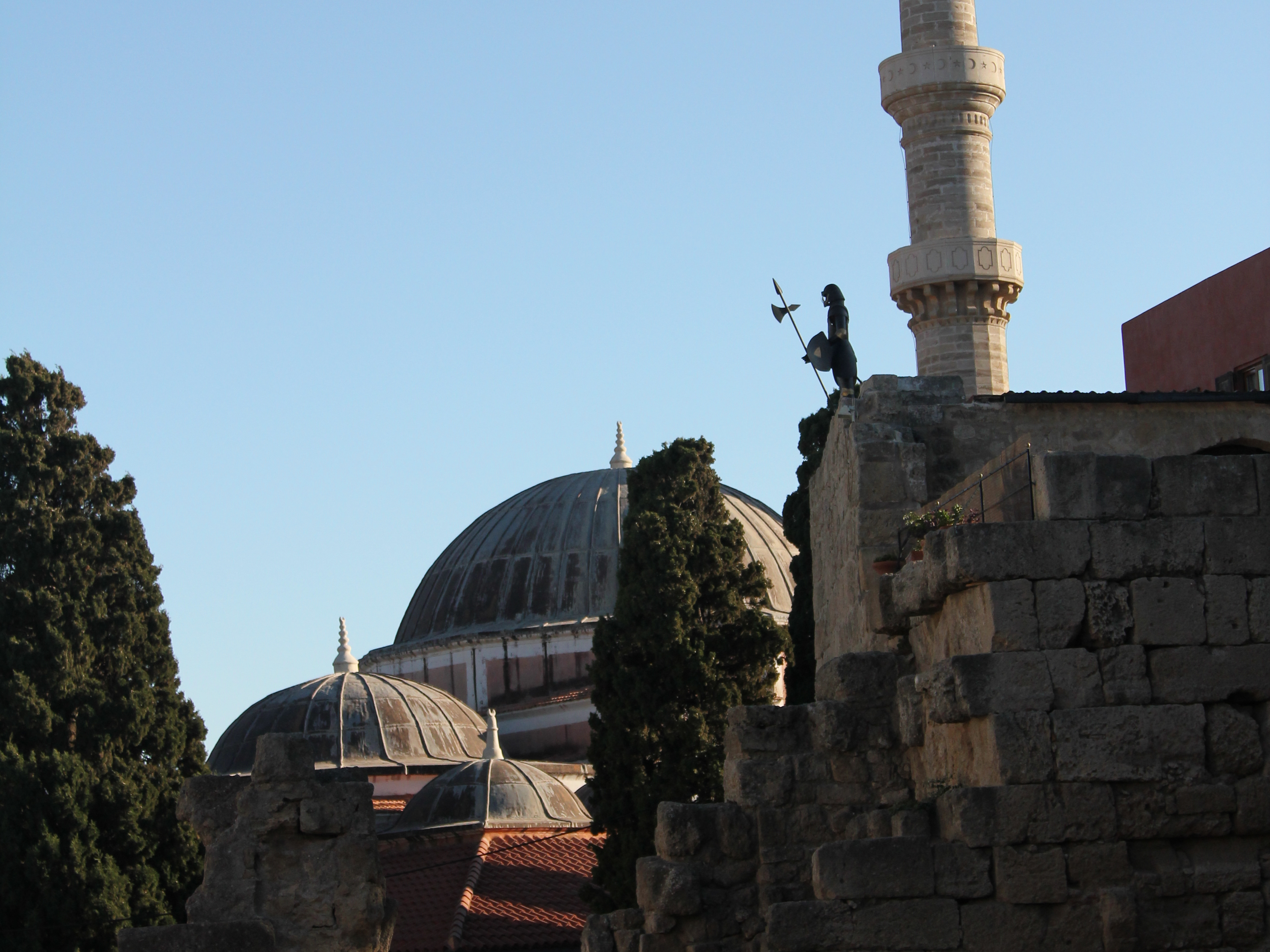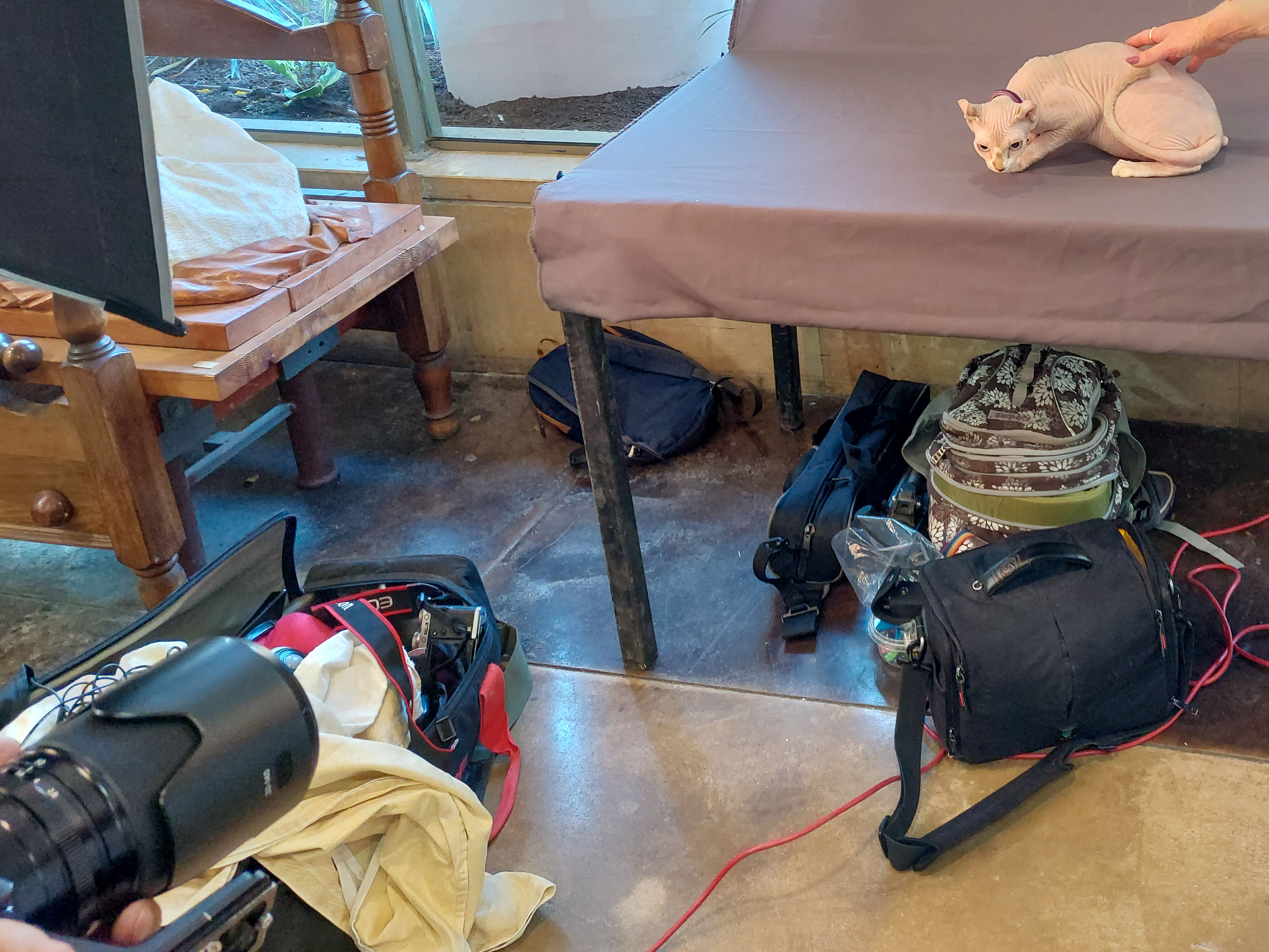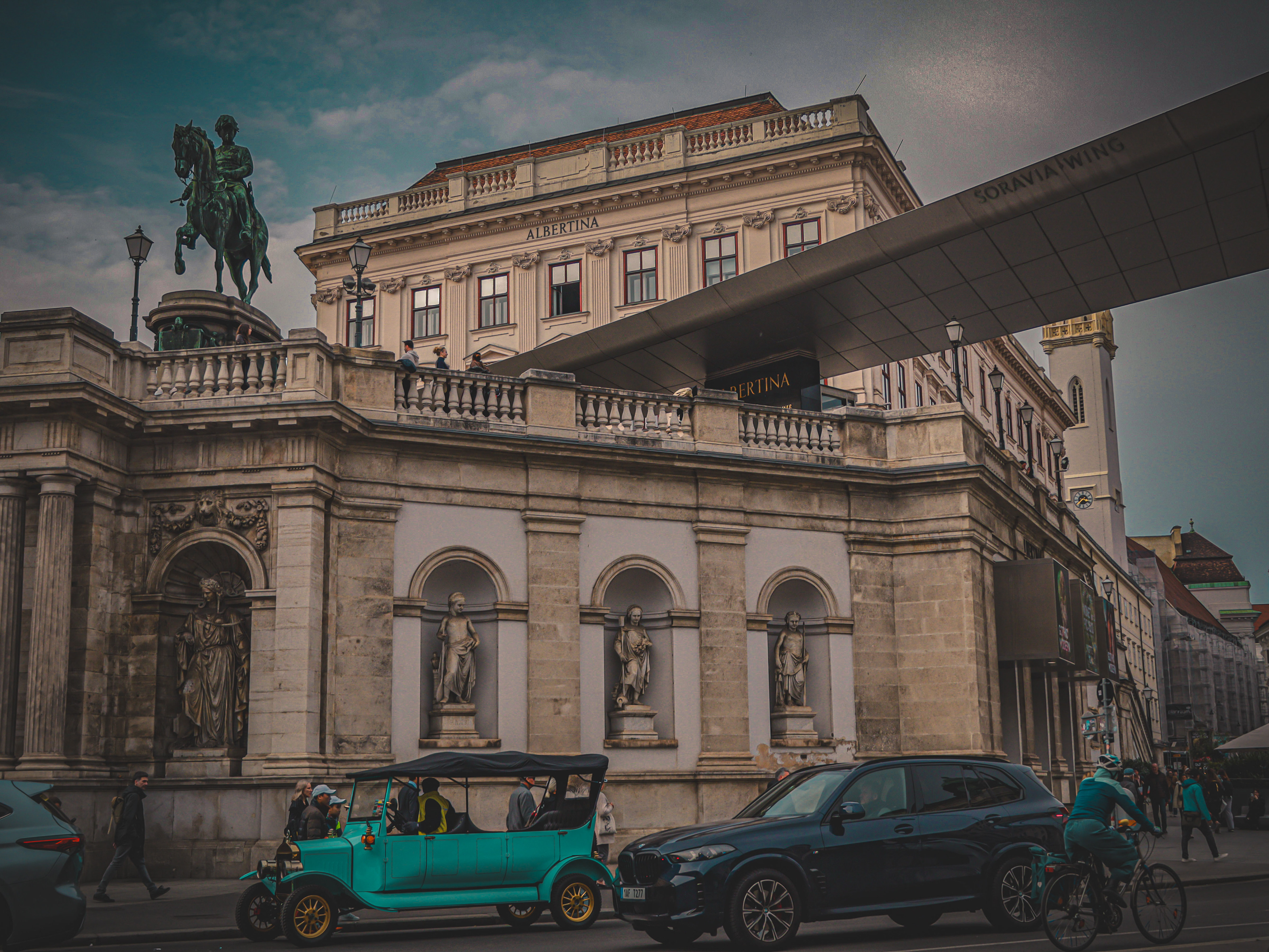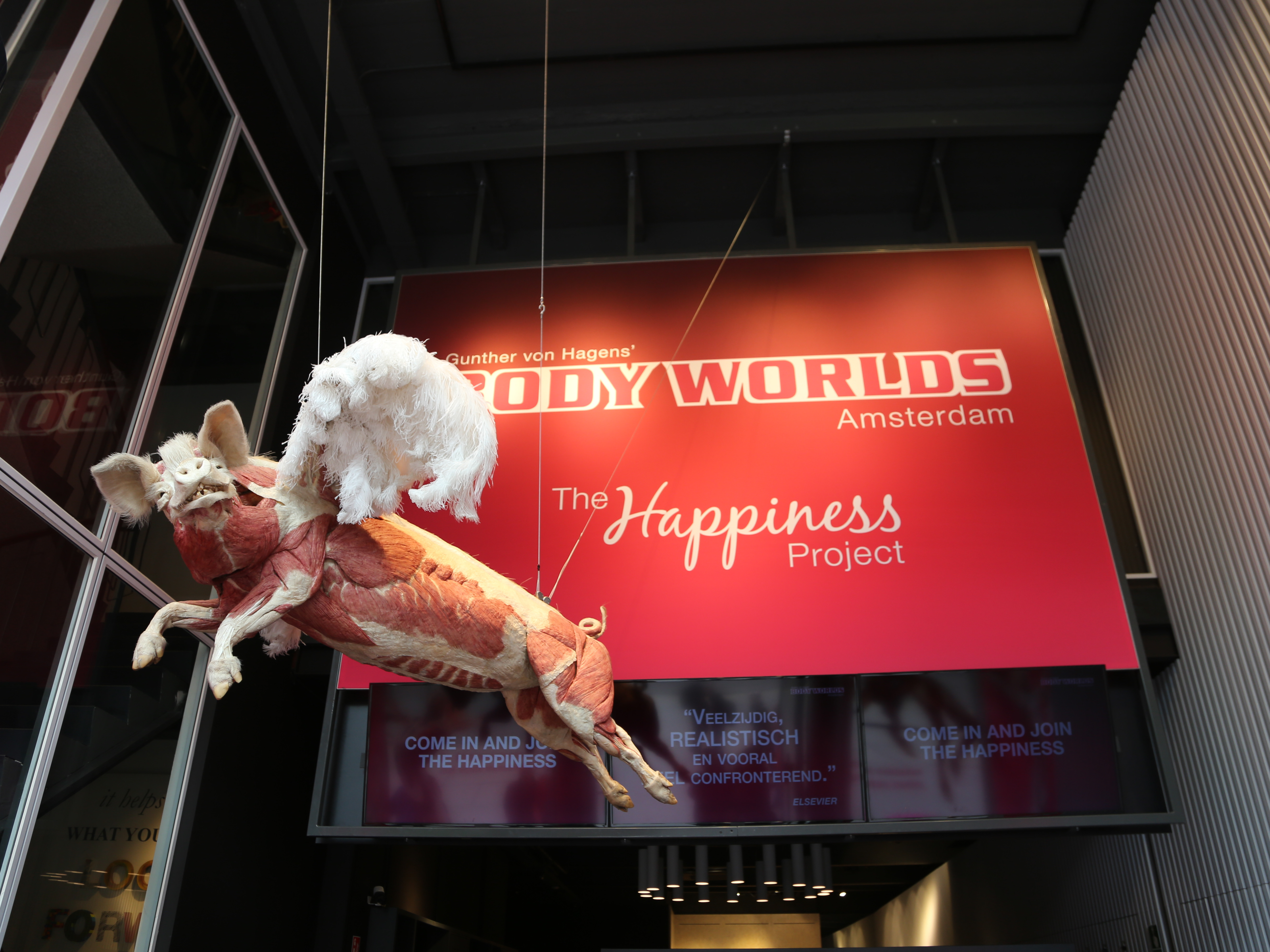The golden light of the Mediterranean sun bathes Haifa’s iconic port, casting long shadows across the tranquil sea. Above the bustling waters and towering red cranes, a heart-shaped yellow frame stands alone, overlooking the horizon. The structure seems innocuous to passing tourists at first glance, a quirky piece of urban art in a city known for its panoramic views. But a closer look reveals its deeper significance—a powerful plea etched in bold letters, in both Hebrew and English: “Bring Them Home Now.” The frame is not just a window to the view, but a poignant symbol of a city and a nation's grief, resilience, and hope.
This heart-shaped frame has become a silent monument since October 7, 2023, when the unimaginable occurred. On that day, Hamas launched a devastating surprise attack on Israel, sweeping across the southern border, killing hundreds, and kidnapping dozens of Israeli civilians. Mothers, fathers, children, and grandparents were ripped from their homes and taken across the border into Gaza. For many in Israel, it was a day that turned ordinary life into a nightmare.
In Haifa, the significance of the message in the frame is unmistakable. Families of the kidnapped, many of them residents of the city, gather here, gazing out at the sea with heavy hearts. For them, this view is no longer just a serene scene of a working port—it is a horizon filled with longing and desperation. Every glance through the frame is a reminder of the lives interrupted, the innocence stolen, and the terrifying uncertainty of when—if ever—their loved ones will return.
Among the many families touched by this tragedy is the Cohen family. Leila Cohen, a resident of Haifa, has been here almost daily since her 19-year-old son, Yoni, was taken during the October 7 attacks. Yoni, a soldier on leave, had been visiting a friend in the border town of Sderot when Hamas militants stormed the area. “Every day, I wake up hoping today will be the day he comes back,” Leila says, her voice shaking. “But the days pass, and there’s no word. This frame... it’s like it holds the space for them, a place for our hope to live.”
Leila is not alone. Other families, some from nearby towns and some from farther south, make pilgrimages to this yellow frame, finding solace in its quiet yet profound message. “It’s a small thing,” says David Levy, whose sister Maya was taken from a kibbutz near the Gaza border. “But standing here, looking out at the sea, it feels like I’m closer to her somehow. Like if I stare long enough, I’ll see a ship on the horizon bringing her home.”
The frame, placed months before the attacks as a lighthearted public installation, has now taken on a deeply emotional role. Social media posts with pictures of the frame have circulated around the world, becoming a visual representation of Israel’s collective yearning. Hashtags like #BringThemHomeNow have emerged, amplifying the demand for international support and diplomatic action to secure the hostages' release. For many, it’s a small but powerful way to ensure their loved ones are not forgotten amidst the chaos of war.
Yet, the political reality remains grim. The Israeli government, alongside international mediators, has been trying to negotiate for the hostages' return, but every day that passes without news deepens the anguish. The tension is palpable in Haifa, where the heart frame now stands as a symbol of the country’s struggle—a mix of hope and despair, of waiting and advocating. Some nights, candles are lit at its base, small vigils held by families and neighbors, their flickering lights barely visible against the vast, dark sea.
For many, the heart-shaped frame is a testament to the resilience of the human spirit. It embodies the belief that even in the face of unspeakable tragedy, there is always hope. But the waiting is unbearable, as the days stretch into weeks, and the uncertainty gnaws at the very core of these families' lives.
As the sun sets over Haifa, casting a golden glow over the sea, the yellow frame seems to shimmer in the light. The words—“Bring Them Home Now”—stand out even more prominently, a stark reminder of the innocent lives held captive, and the fierce determination of those left behind.
*The real names are changed.
IsraelNews.org:
